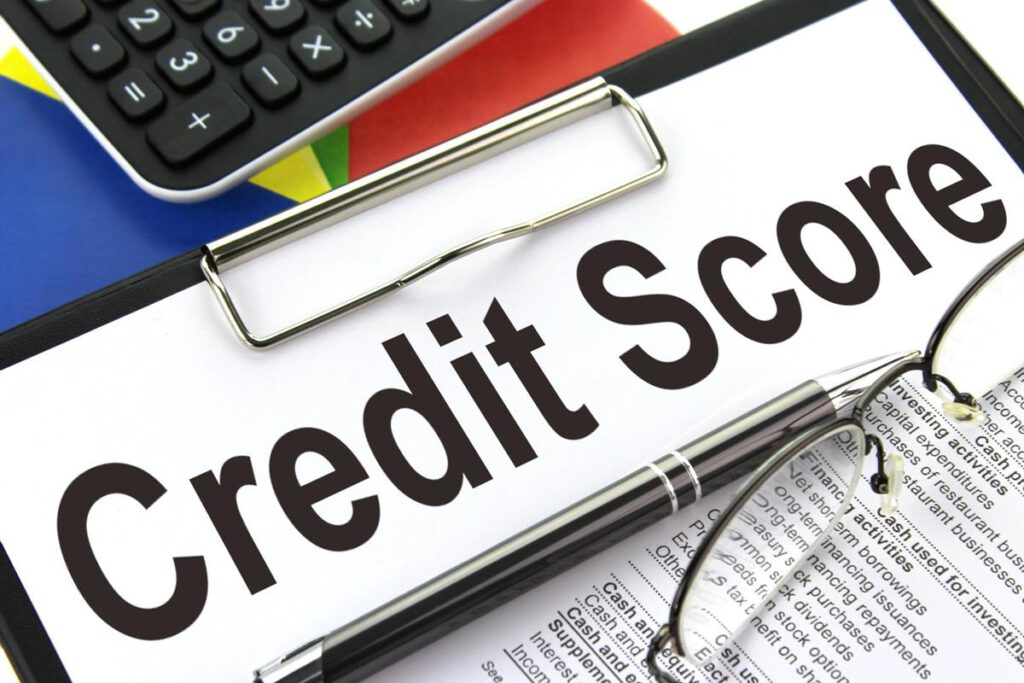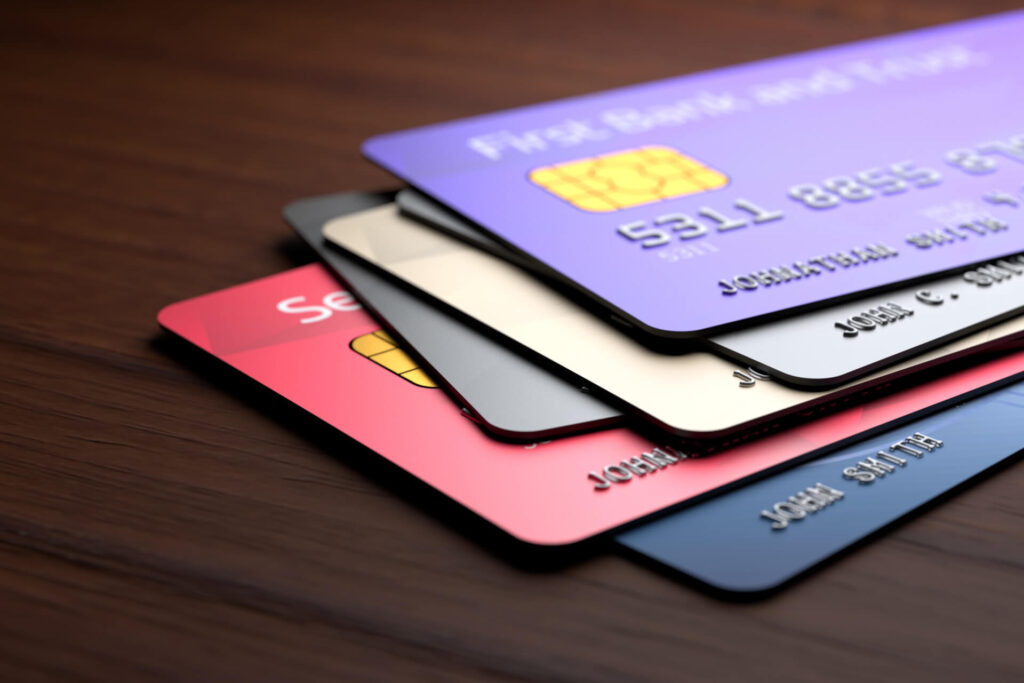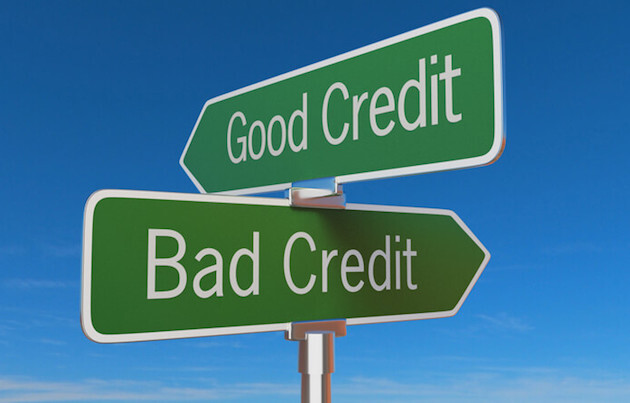Hey there! If you’re a student or a parent guiding one, you’ve probably wondered about credit cards and how to use them wisely. It’s a big step into the world of finance, but don’t worry—I’ve got your back. Let’s dive into everything you need to know about credit cards and how to manage them like a pro.
Introduction
As a parent and someone who’s navigated the world of finances for a while, I understand how important it is to start young when it comes to financial responsibility. Credit cards are not just pieces of plastic; they’re tools that can either build a solid financial future or lead to debt trouble if mishandled. Let’s explore how to make the most of them.
Understanding Credit Cards
First things first: what exactly is a credit card? Simply put, it’s a card that allows you to borrow money from a bank or financial institution to make purchases. You’re essentially taking out a short-term loan that you need to pay back within a certain period.
How Credit Cards Work
Credit cards work on a monthly billing cycle. You make purchases throughout the month, and at the end of the cycle, you receive a statement detailing what you owe. If you pay off the entire balance by the due date, you won’t be charged interest. If you carry a balance, you’ll be charged interest on the remaining amount.
Benefits of Using Credit Cards Wisely
Using credit cards wisely can offer several advantages, especially for students who are just starting to build their credit history.
Building Credit History

Having a credit card and using it responsibly can help you build a positive credit history. This is important for future loans, such as for a car or a home, as lenders will look at your credit score to determine your creditworthiness.
Personal Anecdote: When I got my first credit card, I made sure to use it only for small purchases that I knew I could pay off each month. This helped me build my credit score steadily over time.
Emergency Fund Support
Credit cards can serve as a financial safety net in emergencies when you may not have cash on hand. It’s important to reserve your credit limit for these situations and not for everyday spending.
Potential Risks of Credit Cards
Now, credit cards aren’t all sunshine and rainbows. There are some risks you should be aware of, especially as a student.
High Interest Rates
One of the biggest risks of credit cards is their high interest rates, especially if you carry a balance from month to month. This can lead to significant debt if you’re not careful.
Impact on Credit Score
Your credit score can be affected if you miss payments or carry high balances relative to your credit limit. This can make it harder and more expensive to borrow money in the future.
Personal Anecdote: Missing a credit card payment once caused my credit score to drop, which made it harder for me to get a good rate on a car loan. I learned from that mistake and set up automatic payments to avoid it happening again.
How Students Can Use Credit Cards Wisely
Now, let’s get into the nitty-gritty of how you can use credit cards to your advantage while avoiding the pitfalls.
Setting a Budget

Before you even get your credit card, sit down and create a budget. Determine how much you can afford to spend each month and stick to it. This will prevent you from overspending and ending up with a hefty bill you can’t pay off.
Paying Off the Balance in Full Each Month
This is the golden rule of credit cards: always pay off your balance in full by the due date. This way, you avoid paying interest and build a positive credit history.
Using Credit Cards for Specific Purposes
Consider using your credit card for specific purposes, like building credit or for emergencies only. This helps you stay disciplined and avoid unnecessary debt.
Tips for Choosing the Right Credit Card
Not all credit cards are created equal. Here are some tips for choosing the right one for you.
Low or No Annual Fees
Look for credit cards with low or no annual fees. This will save you money in the long run.
Introductory APR Offers
Some credit cards offer introductory 0% APR on purchases for a certain period. This can be helpful if you need to make a large purchase and pay it off over time without accruing interest.
Rewards Programs

Consider credit cards with rewards programs that suit your spending habits. Whether it’s cash back, travel rewards, or points for shopping, choose one that benefits you the most.
Teaching Financial Responsibility
As a parent, it’s important to teach your student about financial planning and responsibility.
Discussing Financial Planning
Sit down with your student and discuss budgeting, saving, and the responsible use of credit cards. Sharing your own experiences can make these conversations more relatable.
Setting Limits and Expectations
Set clear limits and expectations for credit card use. Make sure your student understands that a credit card is not free money but a financial tool that requires discipline.
Monitoring Spending
Keep an eye on your student’s spending and credit card use, especially in the beginning. This will help catch any potential issues early on.
Common Mistakes to Avoid

Here are some common mistakes that students make with credit cards—and how to avoid them.
Making Only Minimum Payments
Paying only the minimum payment each month will cost you in interest and prolong your debt repayment. Always pay more than the minimum whenever possible.
Ignoring Credit Card Statements
Don’t ignore your credit card statements or terms. Review them regularly to ensure there are no errors and to keep track of your spending.
Applying for Multiple Credit Cards
Applying for multiple credit cards at once can negatively impact your credit score. Stick to one or two cards that meet your needs.
Resources for Further Learning
Here are some resources to continue your journey to financial literacy.
- Books: Your Money or Your Life by Vicki Robin, I Will Teach You to Be Rich by Ramit Sethi
- Websites: NerdWallet, Credit Karma
- Courses: Check out personal finance courses on platforms like Coursera or Udemy.
Conclusion
Using a credit card wisely is a valuable skill that can set you up for financial success in the future. By budgeting, paying off your balance each month, and using credit cards responsibly, you’ll build a solid credit history and avoid debt troubles. Remember, it’s never too early to start practicing good financial habits!




